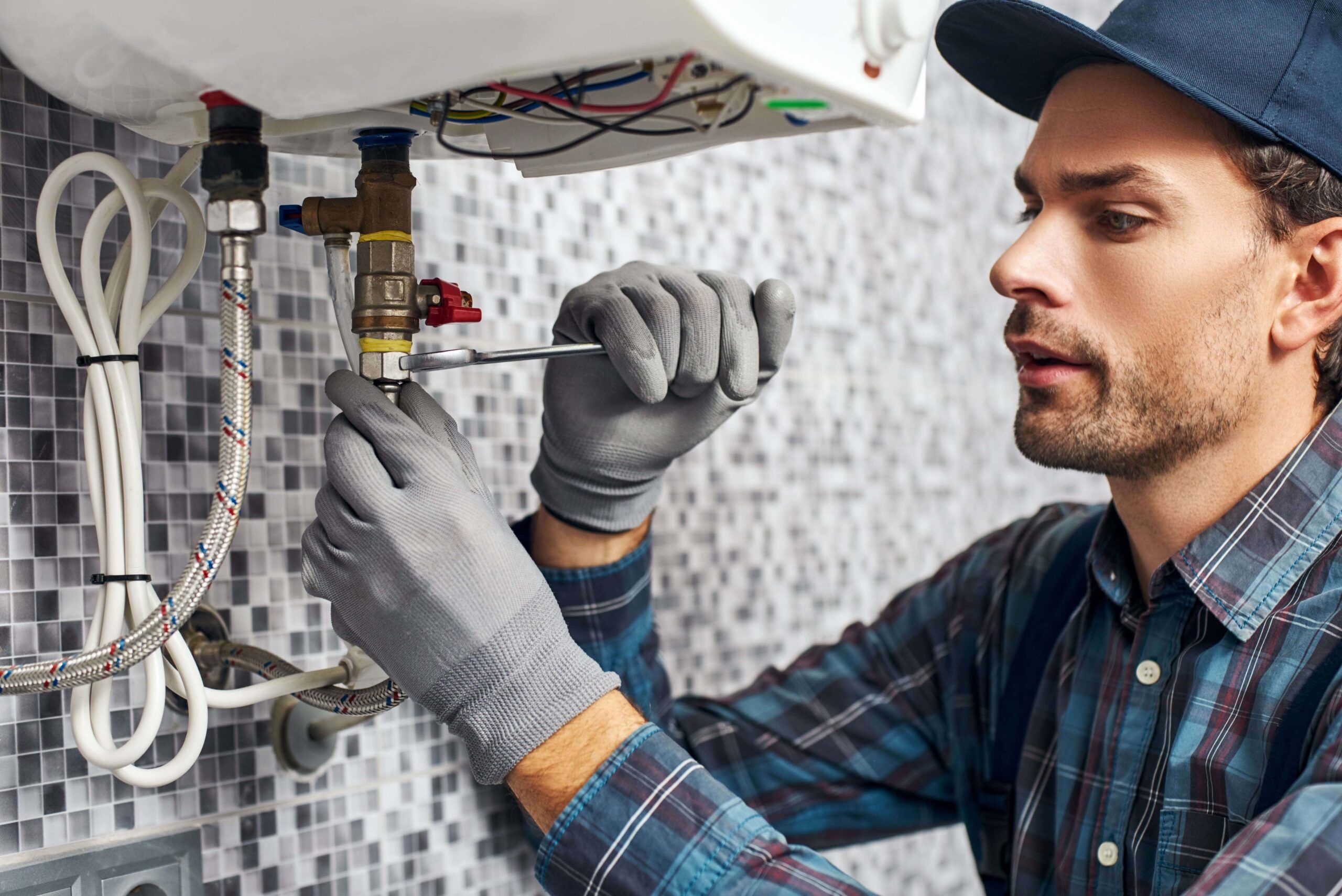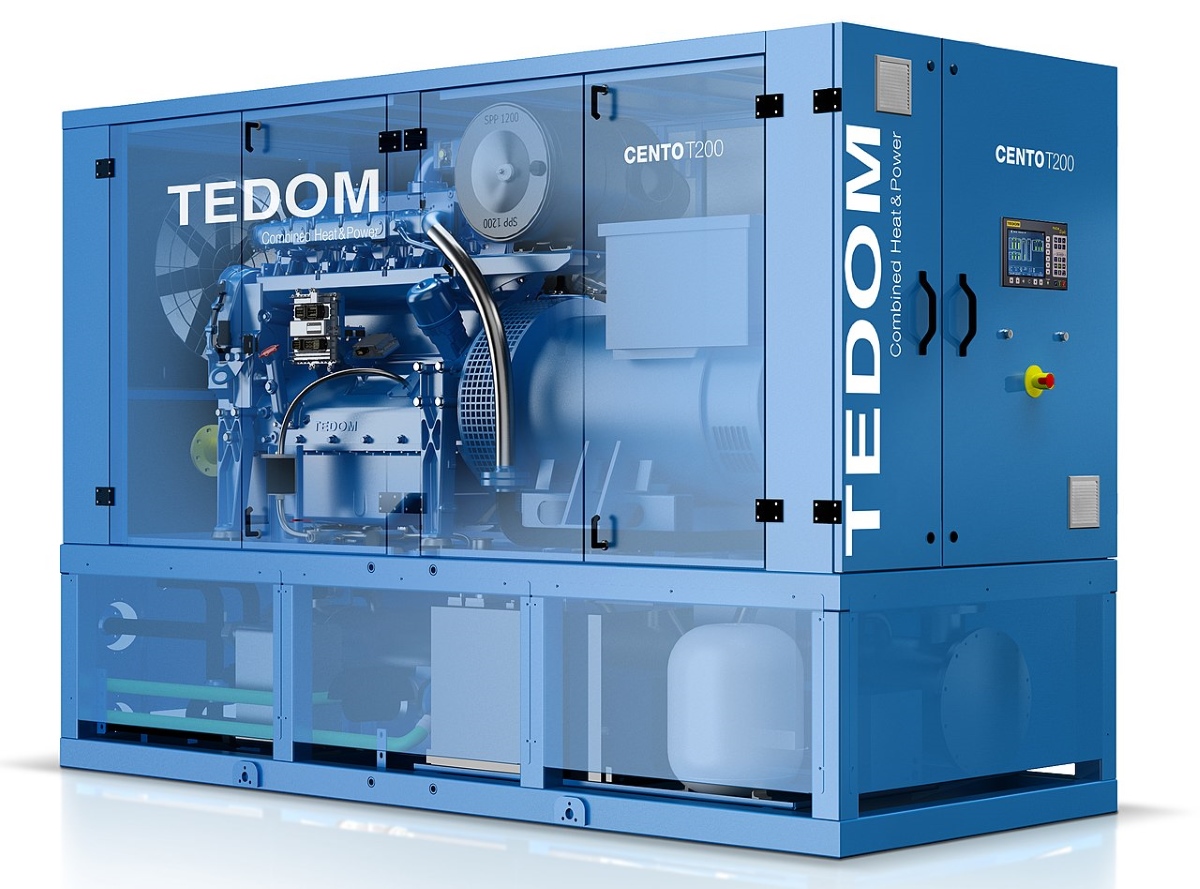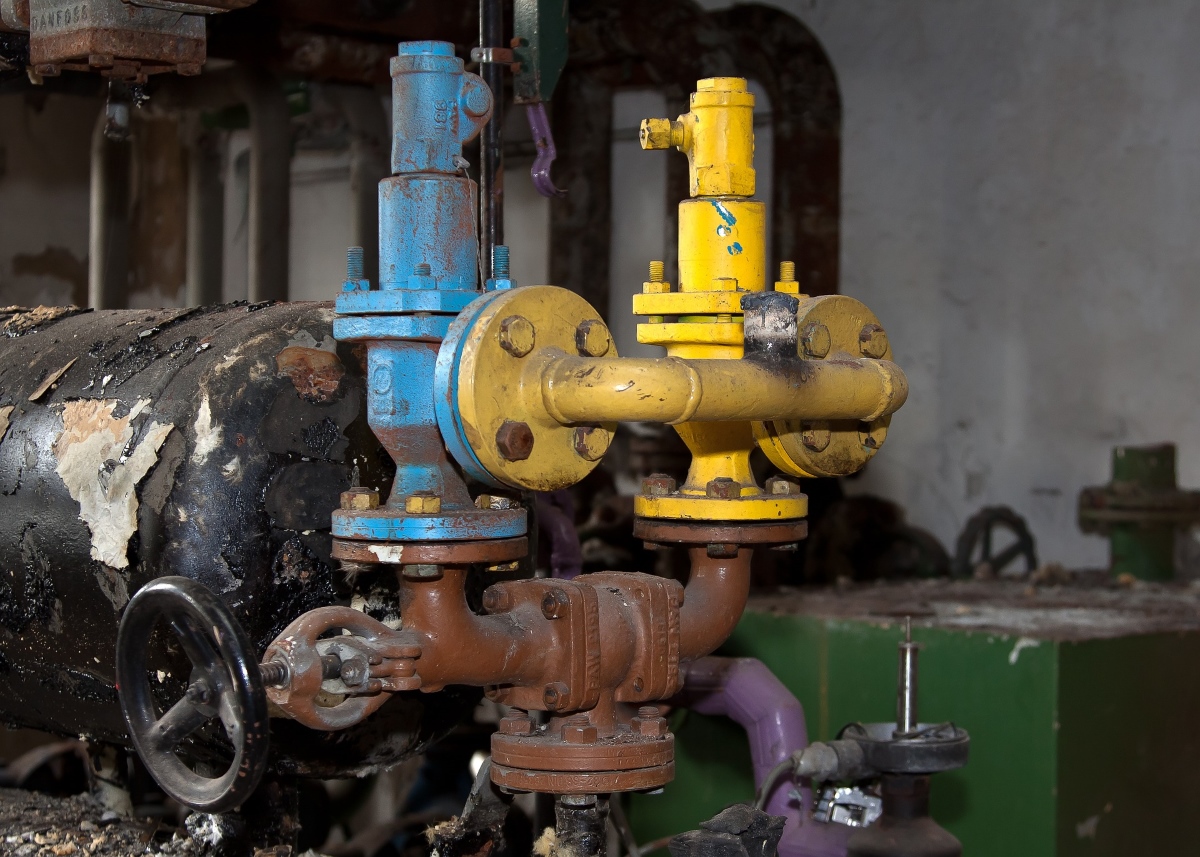Smart heating & home automation: 2000-2019
10 years ago, smart heating & home automation might have sounded like concepts from Back to the Future. But with more internet-connected devices than ever before, they are now realities which look set to stay.
Now, this might lead you to ask “where’s my jetpack?”. But IoT-connected smart devices could save you just as much time and effort in the long run. Albeit without quite as much fun.
Smart appliances, the IoT and connected living
 The Internet of Things, or IoT, essentially refers to the collection of devices which are connected to the internet, functioning without user input in most scenarios. This connectivity allows devices to communicate with sensors, other devices and systems outside of the device.
The Internet of Things, or IoT, essentially refers to the collection of devices which are connected to the internet, functioning without user input in most scenarios. This connectivity allows devices to communicate with sensors, other devices and systems outside of the device.
Now you can control multiple factors of your building using smart services. Nest paved the way for smart heating controls with its smart thermostat, introduced in 2011. Smart thermostats attempt to save energy by sychronising the timing of heating and cooling with patterns of household occupancy.
Their precursors, programmable thermostats, typically resulted in higher energy use than simple ones. This was largely down to user error and the difficulty of programming. A smart thermostat aims to obviate the need for human interaction, simplifying the task of saving energy whilst maintaining an equitable temperature.
Since then, a plethora of devices have become available, covering every conceivable application.
Various products can integrate with your lighting & garage door, sense smoke & carbon monoxide or toggle your devices to create the impression that somebody is home. And of course, all these devices will eventually integrate together.
Advantages of home automation
Home automation enables users to save time and effort. It could also lead to savings by preventing mishaps. Such as the one I experienced at the age of 19 when, after living with some friends for a year, we realised we’d had the boiler set to “continuous” the whole time. No – the bill was not a pretty sight.
We ended up paying considerably more than the cost of a smart thermostat, which made us wish we’d had the foresight to buy one. Then again, having just turned 18, our money was spent on goods in liquid form only. A smart thermostat would have been unlikely to make the cut.
Smart appliances will enable users to complete their housework remotely, prepare the house for guests, maintain cleanliness and much more. The concept essentially allows any application that can be dreamt up. It enables devices – rather than users – to utilise all the technology at our disposal.
Iot: Risks & Threats

The IoT is not simply a case of turning your devices on and then riding off into the sunset, however. Security risks, which pose the biggest threat to smart appliance development, are inherent in some devices and difficult to conclusively prevent.
Besides the router, each IoT-enabled connected appliance is also at risk from hackers looking for firmware vulnerabilities to exploit. The more devices, the more points of vulnerability.
Artificial Intelligence and Machine Learning look set to drive a wave of secure advancements within the sector. AI will constantly probe, detect and learn from security logs, reacting to cyber threats faster than humans. Machine Learning could enable self-diagnosing smart appliances, which issue update notifications and security fixes when a firmware issue is detected.
The future of smart heating & home automation

With our modern taste for convenience, it seems inevitable that smart appliances and home automation will play an increasing part in our lives in the years to come. It is imperative that the security risks inherent are tackled, rather than simply talked down.
However, provided robust threat prevention methods can be implemented, the concepts look like being the first of a new technological paradigm.
Article by Barney Scott, Kiasu Group
© 2019 Barney Scott, Kiasu Group





